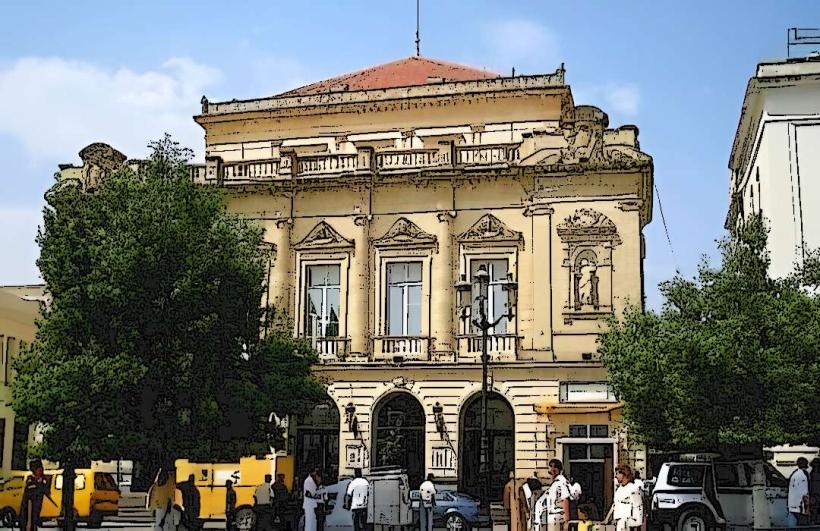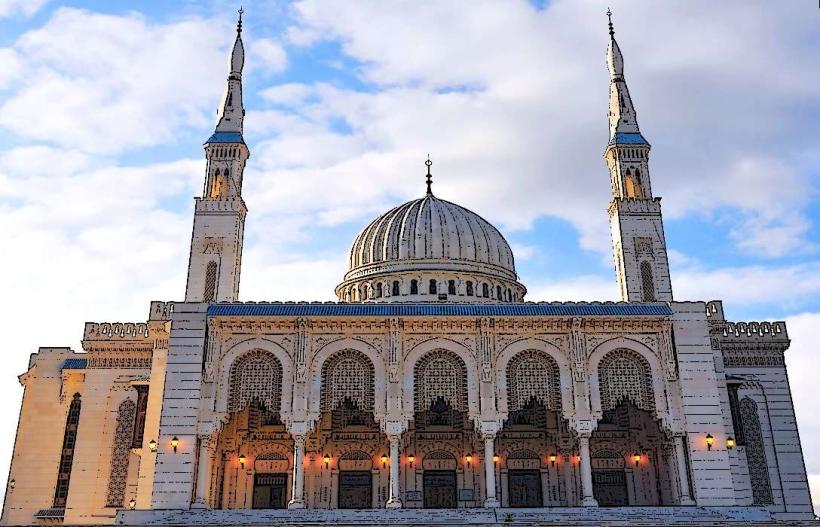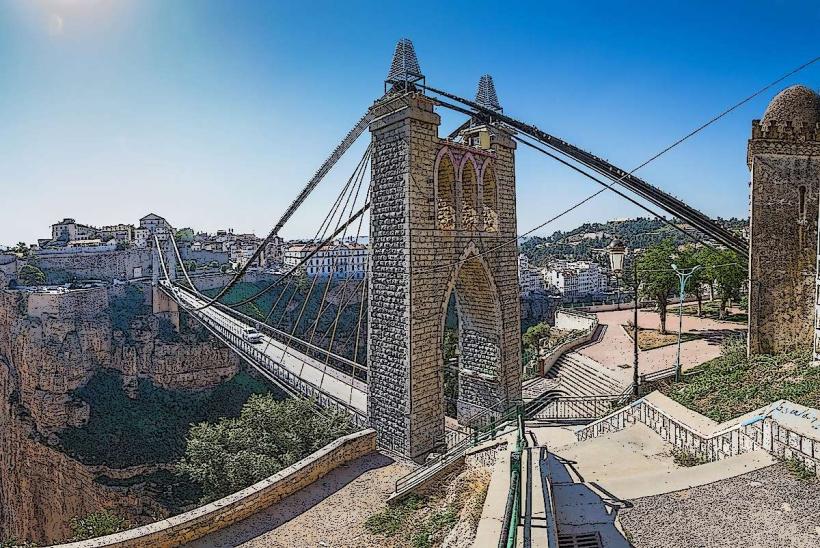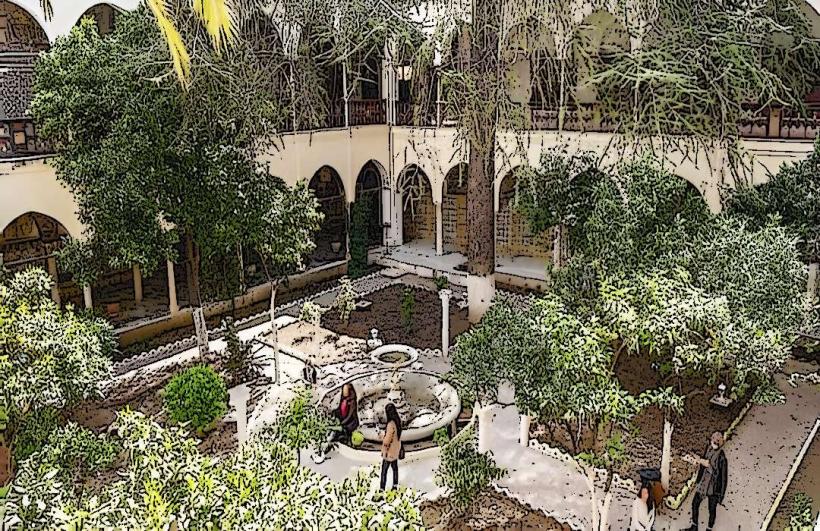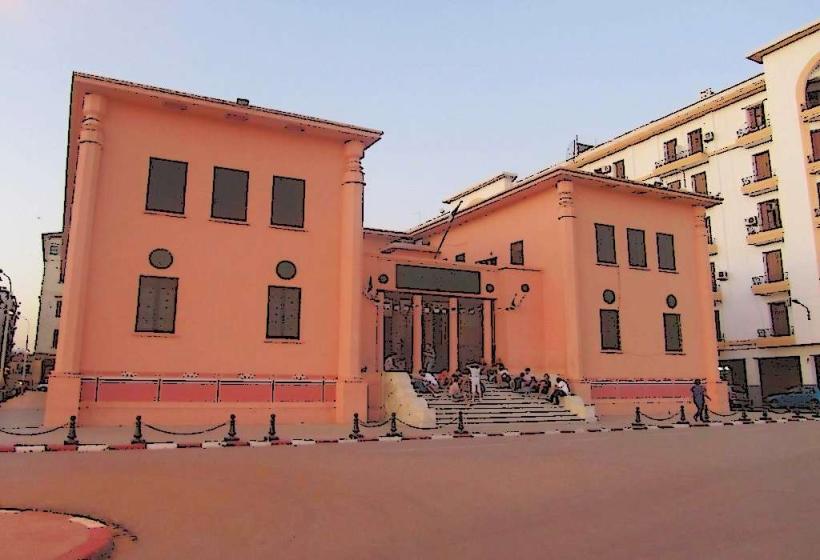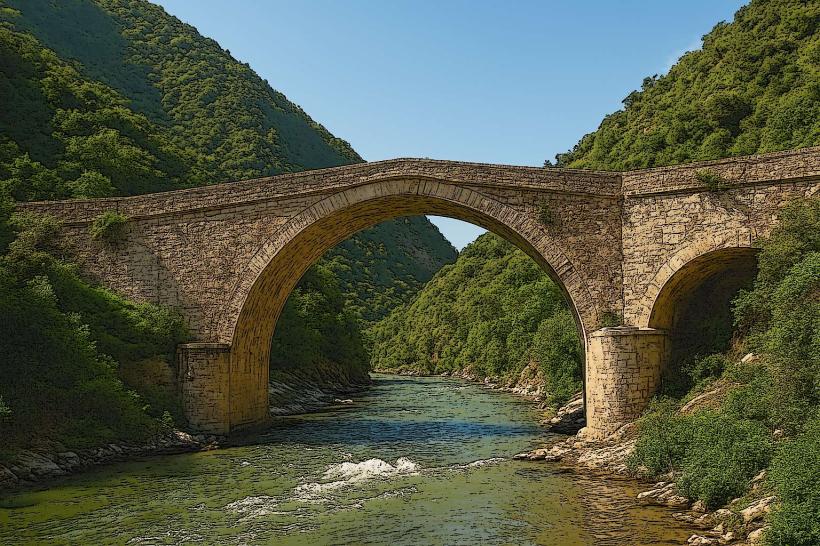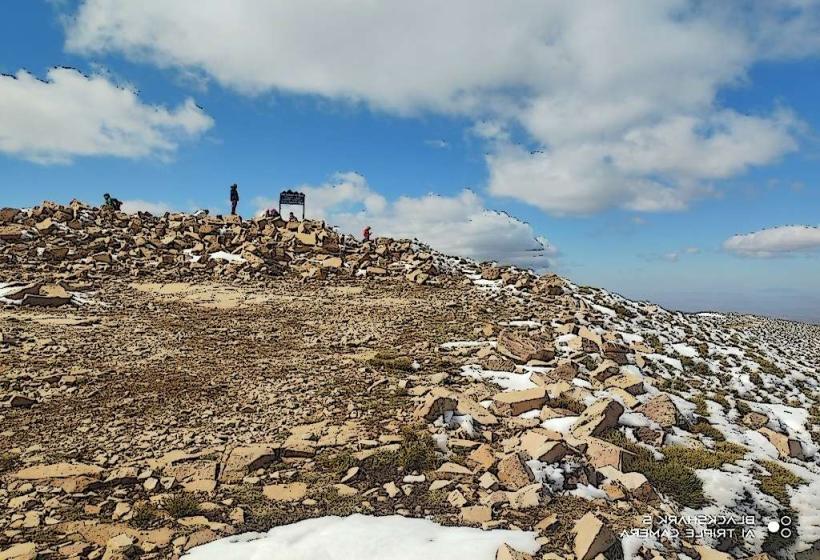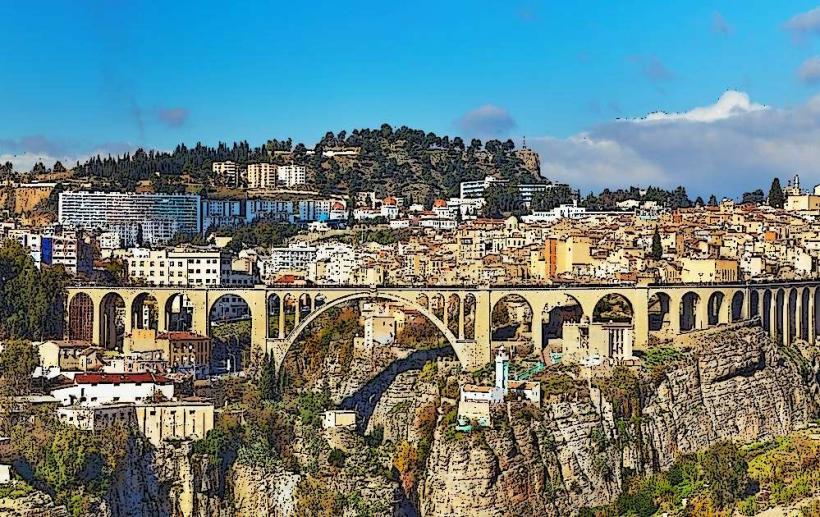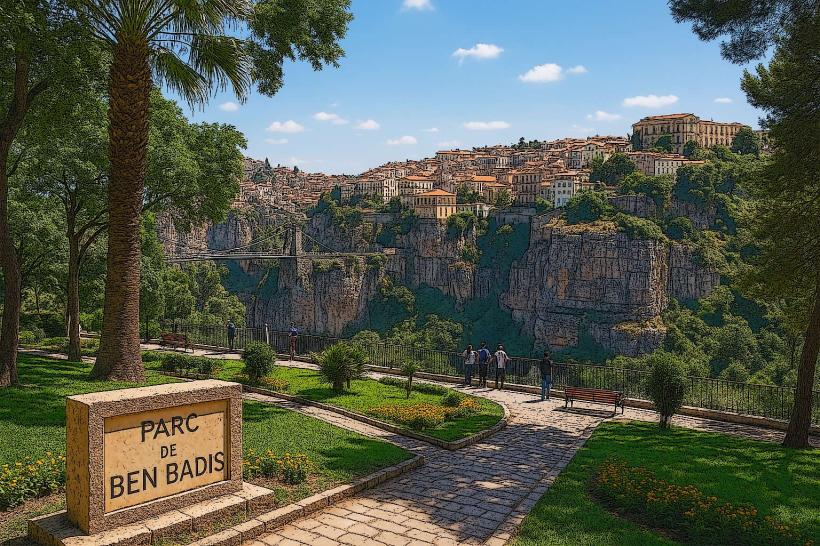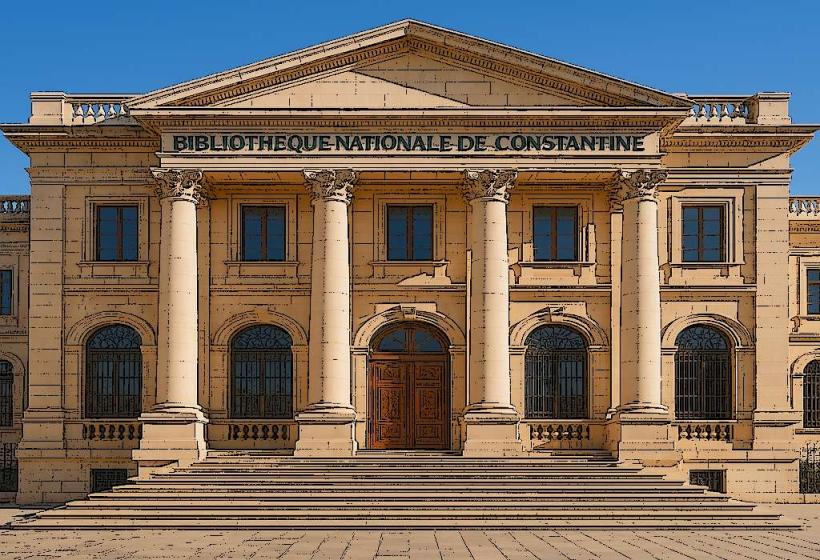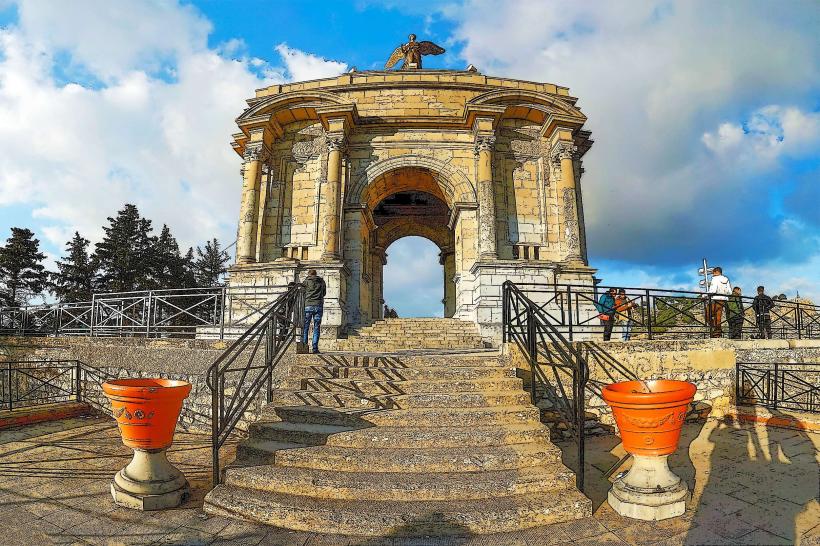Information
Landmark: Tomb of MassinissaCity: Constantine
Country: Algeria
Continent: Africa
Tomb of Massinissa, Constantine, Algeria, Africa
The Tomb of Massinissa is an ancient mausoleum located in the city of Constantine, Algeria.
It is a significant historical structure from the Numidian period.
Visual Characteristics
The tomb is constructed from large, roughly cut sandstone blocks. Its primary visible feature is a large, rectangular base supporting a pyramidal or stepped roof structure. The exact original height is difficult to ascertain due to erosion and partial collapse, but it is estimated to have been substantial. The architectural style is characteristic of Numidian funerary monuments, with a focus on solid construction and geometric forms.
Location & Access Logistics
The Tomb of Massinissa is situated on the outskirts of Constantine, approximately 5 kilometers south of the city center. Access is via the N7 National Road, turning onto local roads leading to the site. Parking is available on-site, though it is informal and can be limited during peak periods. Public transport options directly to the tomb are scarce; visitors typically rely on private vehicles or taxis from Constantine.
Historical & Ecological Origin
The tomb is believed to have been constructed in the 3rd century BCE as a burial site for King Massinissa, the founder and first king of the Kingdom of Numidia. It represents a significant example of Numidian royal architecture and funerary practices. The site is located on a plateau with a geological composition of sedimentary rock, primarily sandstone.
Key Highlights & Activities
Observation of the tomb's structural integrity and architectural details. Photography of the monument and its surrounding landscape. Exploration of the immediate vicinity for any associated archaeological remains.
Infrastructure & Amenities
Basic amenities are minimal. There are no dedicated restrooms or food vendors at the immediate site. Shade is limited, primarily provided by natural features of the landscape. Cell phone signal (4G/5G) is generally available in the area.
Best Time to Visit
For optimal lighting conditions for photography, early morning or late afternoon is recommended. The months of April to June and September to October offer pleasant weather, avoiding the extreme heat of summer. There are no tidal considerations for this inland site.
Facts & Legends
While the tomb is widely attributed to Massinissa, definitive archaeological proof remains elusive. Local folklore sometimes associates the site with ancient Berber rituals and astronomical alignments, though these are not substantiated by historical records.
Nearby Landmarks
- Ruins of Tiddis (15km Southwest)
- Bardo Museum (6km North)
- Pont d'El Kantara (7km North)
- Casbah of Constantine (8km North)

